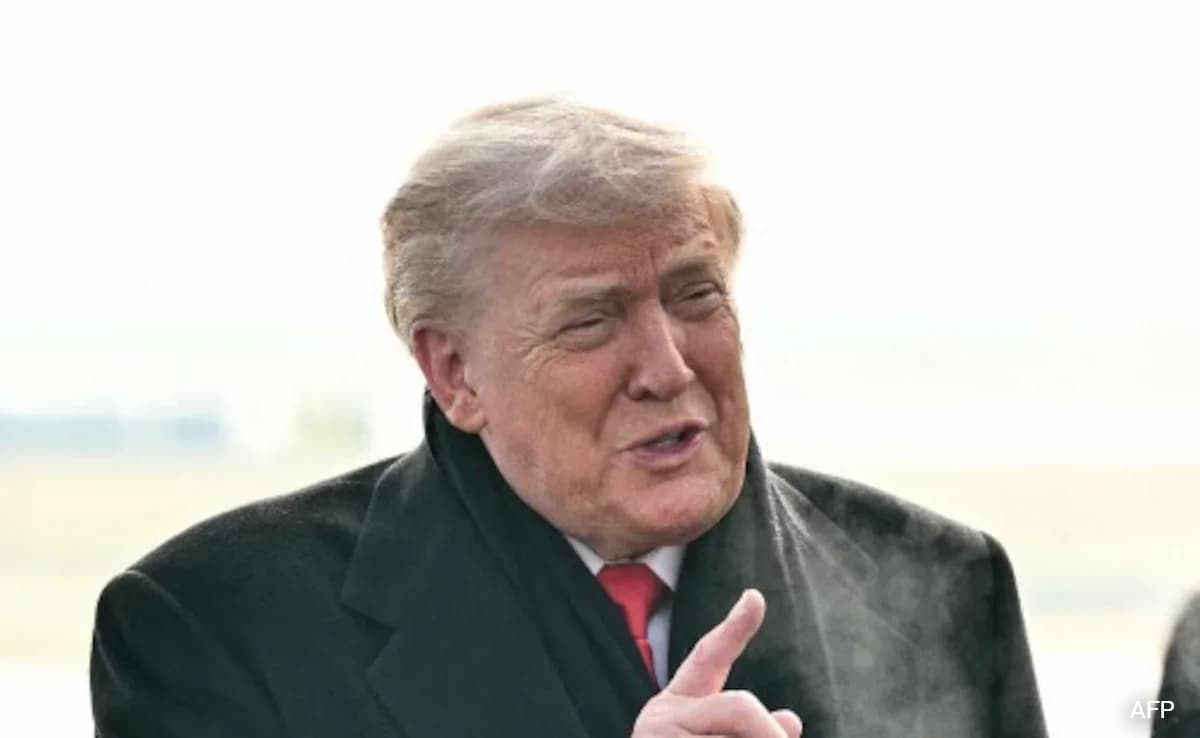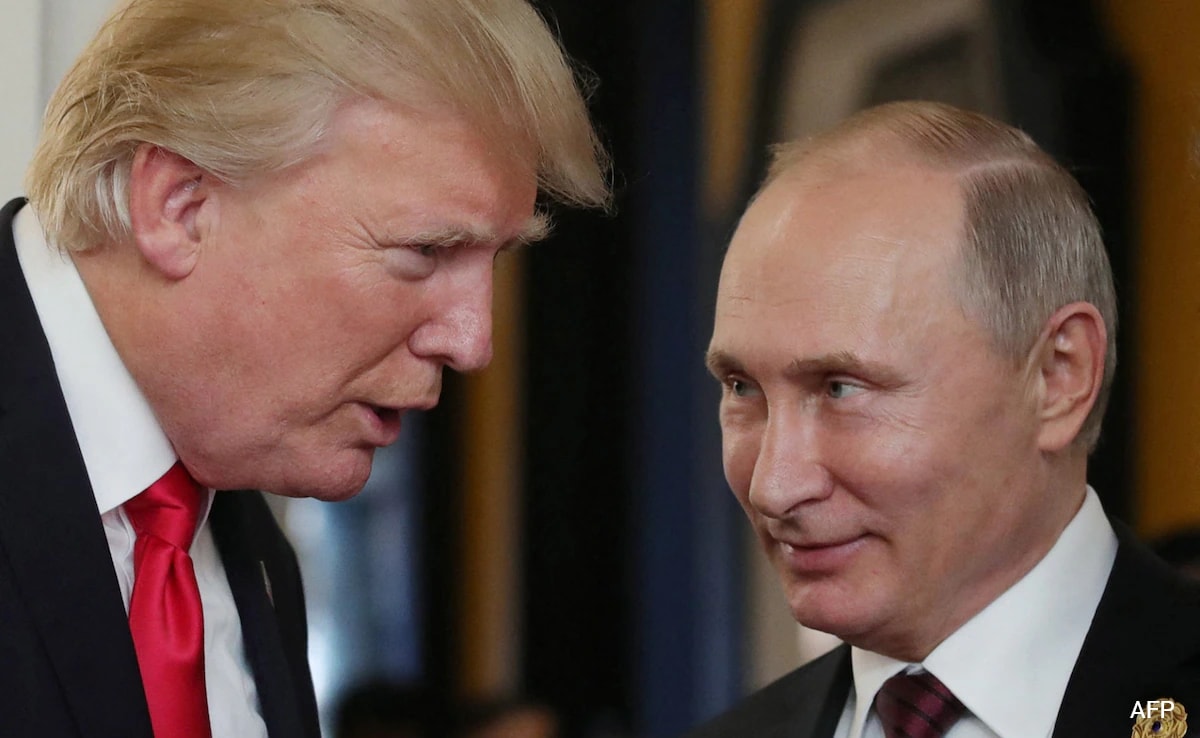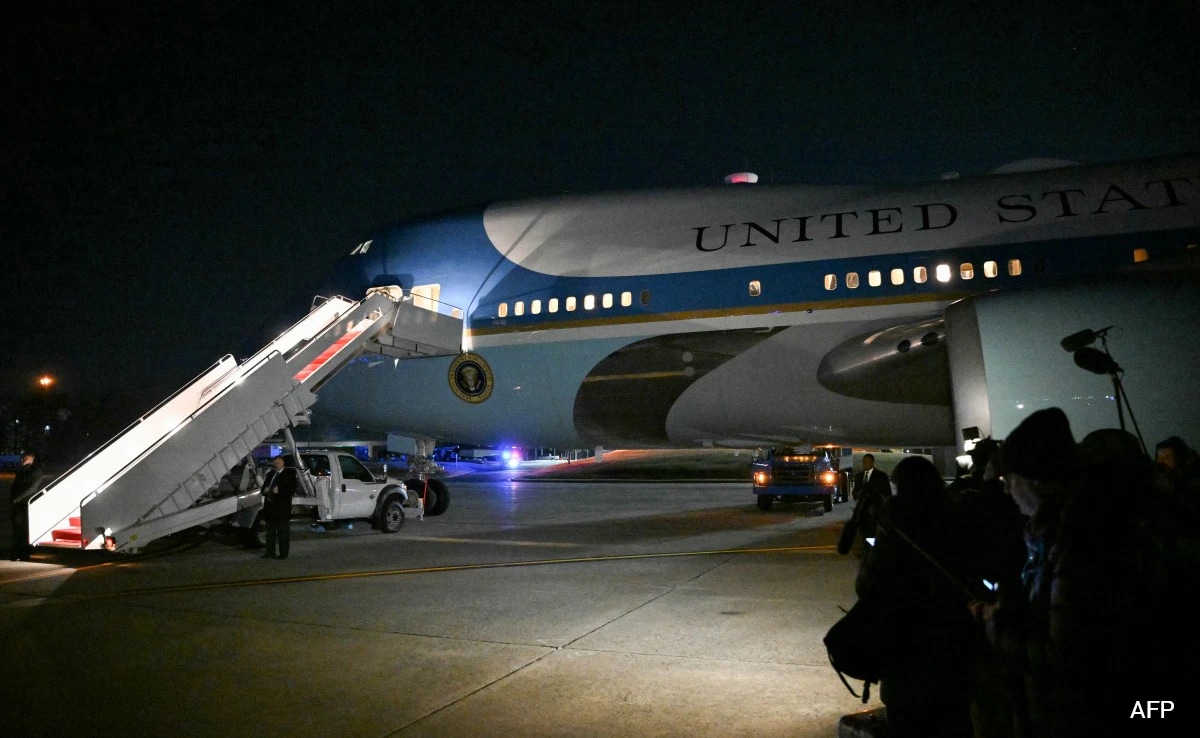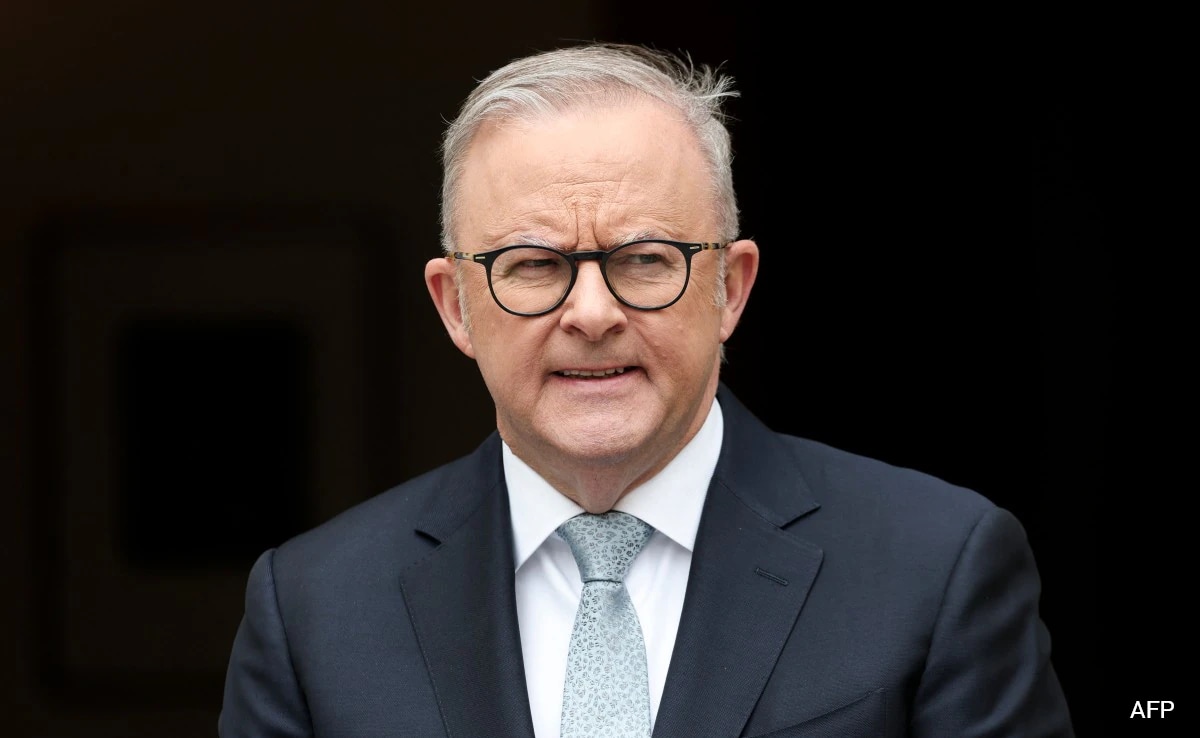Below is a non-exhaustive list of some of the boycotts launched globally since Russia’s invasion of Ukraine.
Spirits
Bartenders across the United States are pulling Russian-made products from their shelves as several governors sign orders to curb sales in their states.
In recent days, Republican Govs. Mike DeWine of Ohio, Spencer J. Cox of Utah and Chris Sununu of New Hampshire issued orders restricting the sale of some Russian vodkas.
Texas Gov. Greg Abbott (R) said he asked the state’s restaurant association and retailers to voluntarily remove Russian products, including spirits, from their shelves. In Oregon, the state’s liquor and cannabis commission directed liquor stores to stop selling any Russian-manufactured spirits. In Maine, Gov. Janet Mills (D) called on state agencies to delist Russian-made vodka to prevent the products from “making their way to Maine retail and restaurant shelves until further notice.”
Experts warn, however, that a U.S. boycott of Russian vodka will be mostly symbolic and have little financial impact.
Retailers in a dozen countries have pulled Russian-made vodka from their shelves, including Australia, Canada, Denmark, Lithuania, Latvia, Estonia, Sweden and Poland.
Sports teams
Sports federations and leagues have moved aggressively to sideline Russia’s teams and athletes since Russia’s invasion of Ukraine. Those efforts picked up the pace Monday after the International Olympic Committee recommended that international sports federations refrain from allowing or inviting Russian or Belarusian athletes and officials to participate in competitions, “to protect the integrity of global sports competitions and for the safety of all the participants.”
FIFA, soccer’s global governing body, announced Monday that it was suspending all Russian teams, both national and club squads, from international competition until further notice. In a joint statement by FIFA and the Union of European Football Associations, which oversees the game in Europe, the groups said they hoped “the situation in Ukraine will improve significantly and rapidly so that football can again be a vector for unity and peace amongst people.”
Sporting events
Multiple international sports federations have relocated major sporting events from Russian cities. The first major decision came from the UEFA, which moved the Champions League final, scheduled for May 28, from Gazprom Arena in St. Petersburg to the Stade de France in Paris.
Also on Friday, the International Chess Federation said it will not hold its annual congress or the 44th Chess Olympiad in Moscow, and put out a call for bids from possible replacement host cities. And the International Automobile Federation, which puts on Formula 1, canceled its Russian Grand Prix, scheduled for September.
“We are watching the developments in Ukraine with sadness and shock and hope for a swift and peaceful resolution to the present situation,” the organization said in a statement, adding that it could not hold the event “in the current circumstances.”
Meanwhile, the executive board of the International Olympic Committee urged national sports federations to “relocate or cancel” any sporting event scheduled to take place in Russia or Belarus.
The National Hockey League said it was not considering Russia as a location for future events and that it was pausing relationships with business partners in Russia, while expressing sympathy for Russian players in the league. “We understand they and their families are being placed in an extremely difficult position.”
The International Paralympic Committee said it would not hold events in either Belarus or Russia, but stopped short of banning both countries from competing in the games, which start Friday.
Cultural and entertainment industry
Boycotts have also reached Russia’s cultural and entertainment industry. In a statement released Tuesday, the organizers of the Cannes festival, whose 2022 edition is slated to take place on May 17, said Russian official delegations and anyone linked to the Russian government will not be welcomed to the event, unless the Russian invasion ends “under conditions that satisfy the Ukrainian people”.
At the same time, the organizers saluted Russians protesting the invasion and showed support to Russian filmmakers and artists who have stood up against Putin. The organizers didn’t comment on whether individual films will be banned from the official selection, according to The Hollywood Reporter.
Media
Tech giants have moved swiftly to limit the reach of Russian-state owned news outlets Russia Today (RT) and Sputnik. Nick Clegg, president of Global Affairs at Meta, formerly Facebook, said in a tweet Monday that the company was moving to restrict access across the European Union to RT and Sputnik. The move follows a ban announced Saturday by the company that prohibits Russian state media from running ads or monetizing on the Meta platform.
We have received requests from a number of Governments and the EU to take further steps in relation to Russian state controlled media. Given the exceptional nature of the current situation, we will be restricting access to RT and Sputnik across the EU at this time.
— Nick Clegg (@nickclegg) February 28, 2022Google announced in a statement Tuesday it was blocking YouTube channels connected to Sputnik and RT across Europe as a way to “stop the spread of misinformation and disrupt disinformation campaigns online.”
“This builds on our indefinite pause of monetization of Russian state-funded media across our platforms, meaning media outlets such as RT are not allowed to monetize their content or advertise on our platforms,” the statement says.
TikTok will follow suit and also ban Sputnik and RT and their affiliates in Europe, according to Insider. Twitter announced it will start flagging to users tweets that link to Russian state-affiliated media websites and that the company is taking steps to “significantly reduce the circulation of this content on Twitter,” said in a tweet Yoel Roth, Twitter’s head of site integrity.
The streaming-giant Netflix said Monday it will not air any Russian channels on its platform in Russia, defying a new regulation that requires services with over 100,000 subscribers to carry a number of local Russian channels, according to The Wall Street Journal.
Russia’s deputy head of the Foreign Ministry’s Information and Press Department, Oleg Gavrilov, said Tuesday that Google and Meta allow anti-Russian propaganda while blocking Russian news websites, according to Russian news agency TASS.
“Hostile propaganda activities are being carried out openly on their social platforms," he said, and called for a system “to bring foreign warmongers to responsibility.”
–Andrew Golden contributed reporting.
.png)











 English (United States) ·
English (United States) ·  Turkish (Turkey) ·
Turkish (Turkey) ·